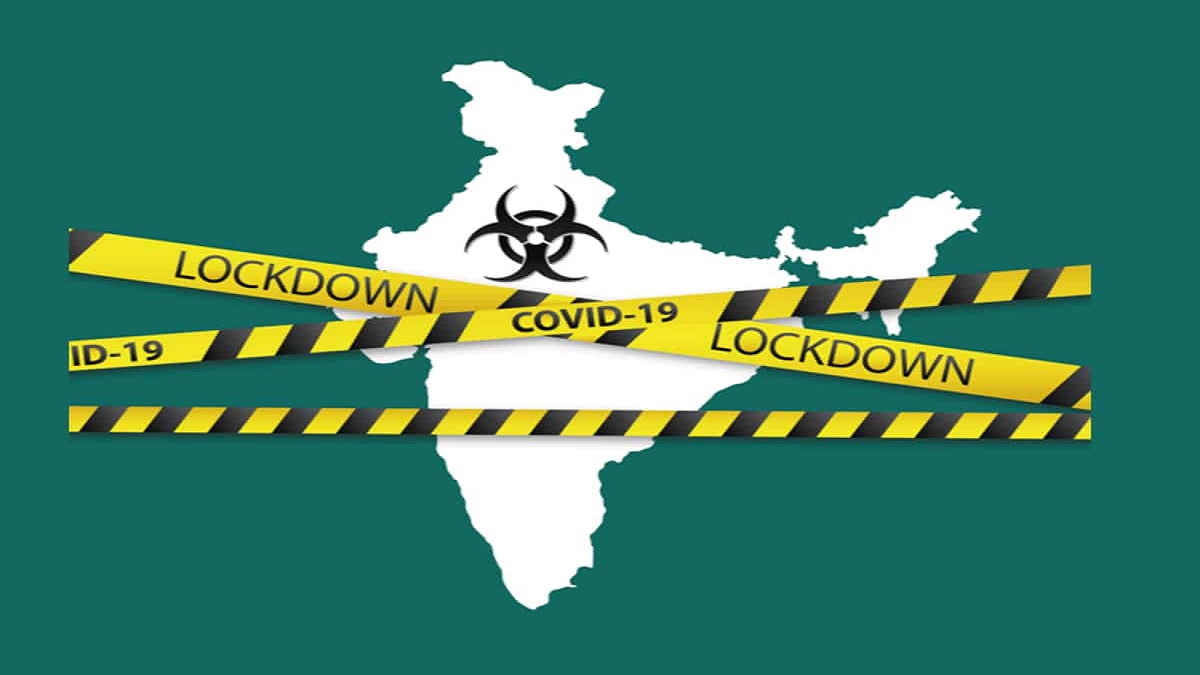
There has been a lot of discussion about the effects of Covid on the mental health of people, but it has always been in the context of adults. The schools reopened in July 2022, and it has been barely two months of regular school, and we are realising the disastrous effects that the lockdown has had on the children’s social, emotional, mental/cognitive, and behavioural growth. The number of children being referred to counsellors, psychologists, and psychiatrists has increased drastically; in fact, it is fast becoming a pandemic.
The problems range from online dependence, phone dependency, gaming dependence/abuse to inappropriate behaviour, teasing, bullying, aggression, not wanting to come to school, depression, not being able to sit in the class, fighting with peers, not obeying teachers, meltdowns, lack of age-appropriate emotions, etc. Children have been the biggest casualties of the lockdown, and the effects are subtle, masked, and insidious. And as is the norm, they have no voice and are being sent to psychiatrists, psychologists, etc. to rectify themselves.
Humans as a species are social animals. We cannot do without other people and are dependent on other people for our survival. Our emotional, social, mental, and behavioural development is a consequence of our interactions with others at different stages in our lives. The way we interact is through play. Children learn about the world and about themselves through play; they learn how to think creatively, interact socially, develop physically, and discover a slew of emotional skills; they reduce stress; develop an understanding of social expectations and rules; share thoughts and ideas; listen to others; understand social cues; imitate and mirror behaviours and emotions; and finally, they learn how to process the world and finally develop their identity and self-esteem. Play is essential to development because it contributes to the cognitive, physical, social, and emotional well-being of children and youth. Lockdown stopped this play and interaction with other children.
Human development is based on various parameters: cognitive, emotional, social, moral, behavioural, and physical. Most of the time, they are almost parallel. Post-Covid, when the children have returned to school, their cognitive abilities are very much age-appropriate or even higher, but they are lagging in their social, emotional, and behavioural skills drastically. Suppose the child is 6 years of age. His/her mental and cognitive abilities are fine and age-appropriate, but his/her social and emotional abilities are those of a 3–4-year-old, i.e., pre-Covid, or have deteriorated. Pre-Covid, these gaps were markers of things not right and were exceptions, but now the majority are facing this issue. Children have forgotten how to be with other children and people, how to socialise, talk to others, how to follow structure and discipline; and how to cope with the stress of being in a social world.
Teachers, however, are expecting continuity in all spheres and are yet to come to terms with the fact that the children need schooling in social and behavioural skills and not so much in academics. Schools are following the pre-Covid routine with pre-Covid expectations instead of focusing on emotional, social, and behavioural aspects and this is leading to a mental health crisis.